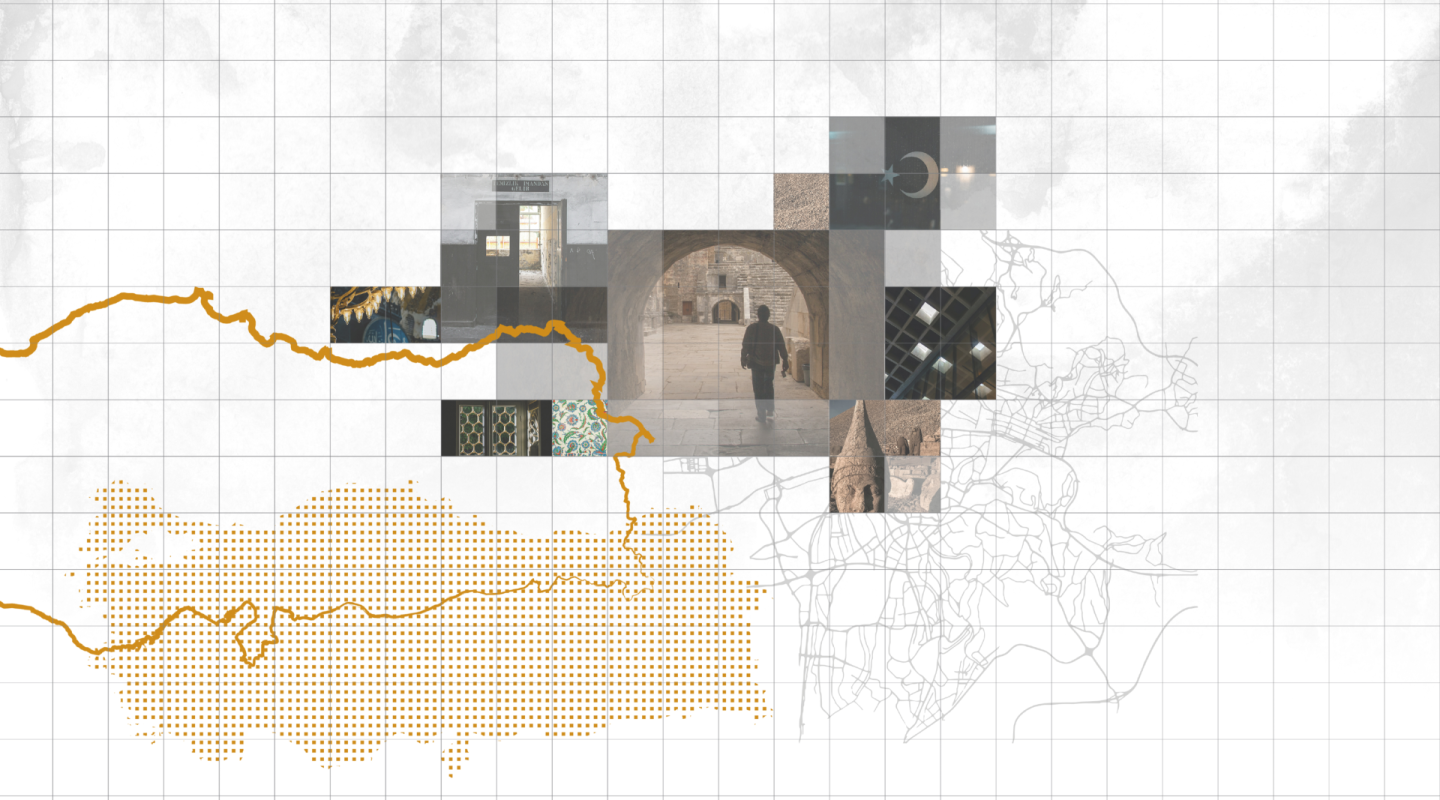
Türkiye
Capital city — Ankara
Introduction
Country population
84,979,913
i
2022
Type of government
Presidential Republic
Human Development Index
Homicide rate (per 100,000 inhabitants)
2.67
i
2022
/ UNODC, Intentional Homicide